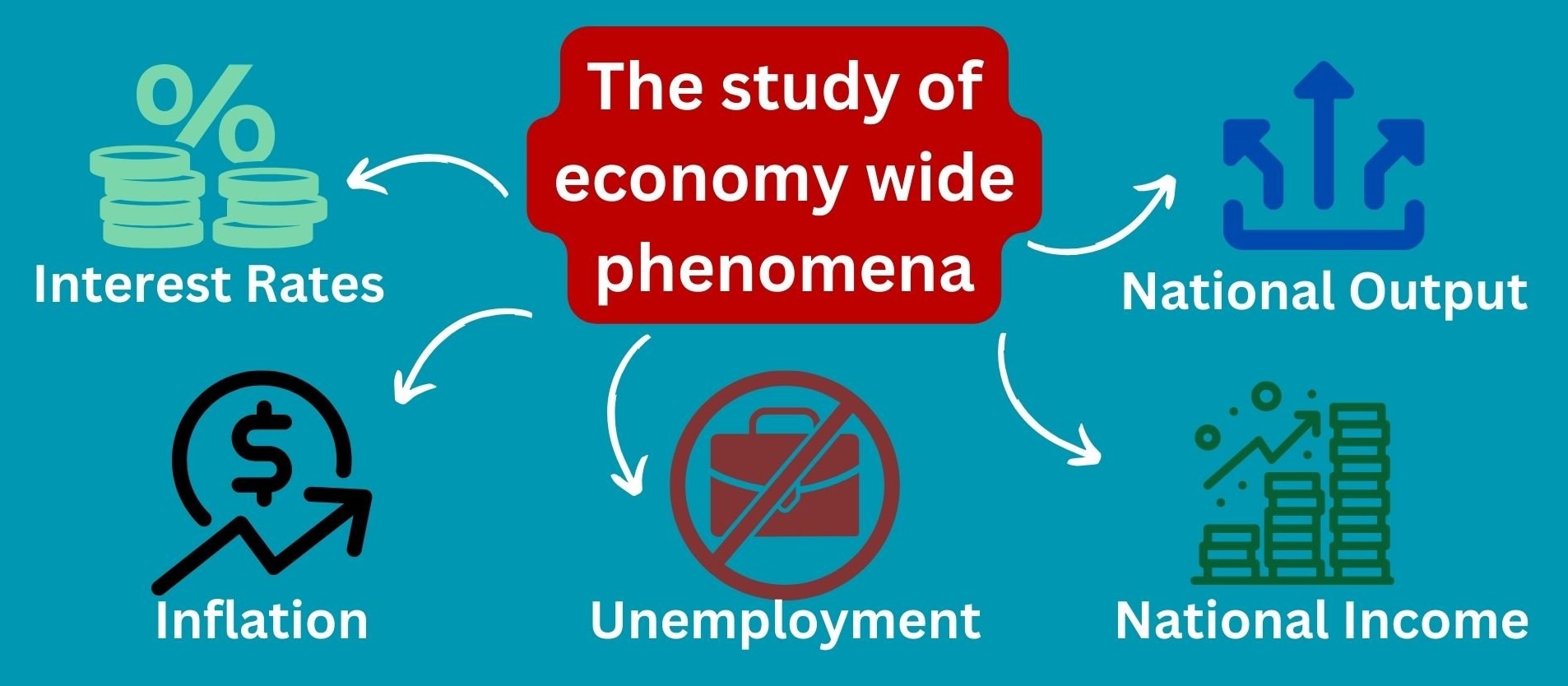Intermediate Macroeconomics (ECO3302)

Overview
Welcome! In this course, we will investigate the factors that influence the level of aggregate economic activity and the decision-making that ultimately results in the determination of aggregate economic quantities (e.g., levels of consumption, investment, and employment). You will learn about a wide array of topics, including inflation, exchange rates, business dynamism, monetary and fiscal policy, financial markets, labor markets, etc. You will also analyze the impact of various government fiscal policies (using general equilibrium models) and the behavior of business cycles and patterns across various countries. The hope is that at the end of this course you have a solid understanding of basic macreoconomic concepts, and feel comfortable compiling, analyzing, and writting reports using macroeconomic data.
Prerequisites
You are assumed to be familiar with the basic rules of calculus, which should have been covered in one or more of the following courses: ECO 1311, ECO 1312, ECO 3301, and MATH 1309 or MATH 1337.
If not, familiarize yourself with the properties of natural logs and basic derivative rules, as these will play an important role in our course.
Course Textbook
- Macroeconomics (Twelfth Edition), N. Gregory Mankiw. ISBN: 9781319567651
- More advanced textbook for interested students: Macroeconomics (Sixth Edition), Stephen D. Williamson. ISBN: 9780134472119
Office Hours
- Office: 310C Umphrey Lee.
- Dates & Times: Mondays, 13:00-16:00, by appointment (book your slot here).
- Email: luisperez@smu.edu.
Lecture Meeting Times
- MWF 9:00AM - 9:50AM (Section 003 - Class #2538)
- MWF 10:00AM - 10:50AM (Section 004 - Class #3550)
Midterm and Final Exams
- Early-progress exam: February 24 (Monday; in class).
- Midterm 1: March 14 (Friday; in class).
- Midterm 2: May 6 (Tuesday; in class).
Introductory Podcast
Much of macroeconomics is concerned with long-term economic growth. Listen to Daron Acemoglu, this year’s Economics Nobel laureate, talk about what makes countries succeed or fail.
Course Materials
- Syllabus (section 003), Syllabus (section 004).
- Math refresher: Properties of natural logs, Basic derivative rules
- Lecture 1: Introduction and course logistics.
- Lectures 2&3: Becoming a macroeconomist (models and data).
- Lecture 4: National income (How it is earned). Short technical note
- Lecture 5: National income (How it is spent).
- Lecture 6: A primer on Economic Growth
- Lecture 7: Growth Theory (Solow and extensions).
- Lecture 8: Proximate vs. fundamental causes of economic growth.
- Lecture 9: The monetary system and inflation.
- Lecture 10: The open economy.
- Lecture 11: Unemployment and labor markets.
- Lecture 12: Economic fluctuations.
- Lecture 13: Aggregate demand I (Building the IS-LM model).
- Lecture 14: Aggregate demand II (Applying the IS-LM model).
- Past exams: Early-progress exam S25, Midterm 1 S25, Midterm 2 S25
- Practice questions: Early-progress exam, Midterm 1